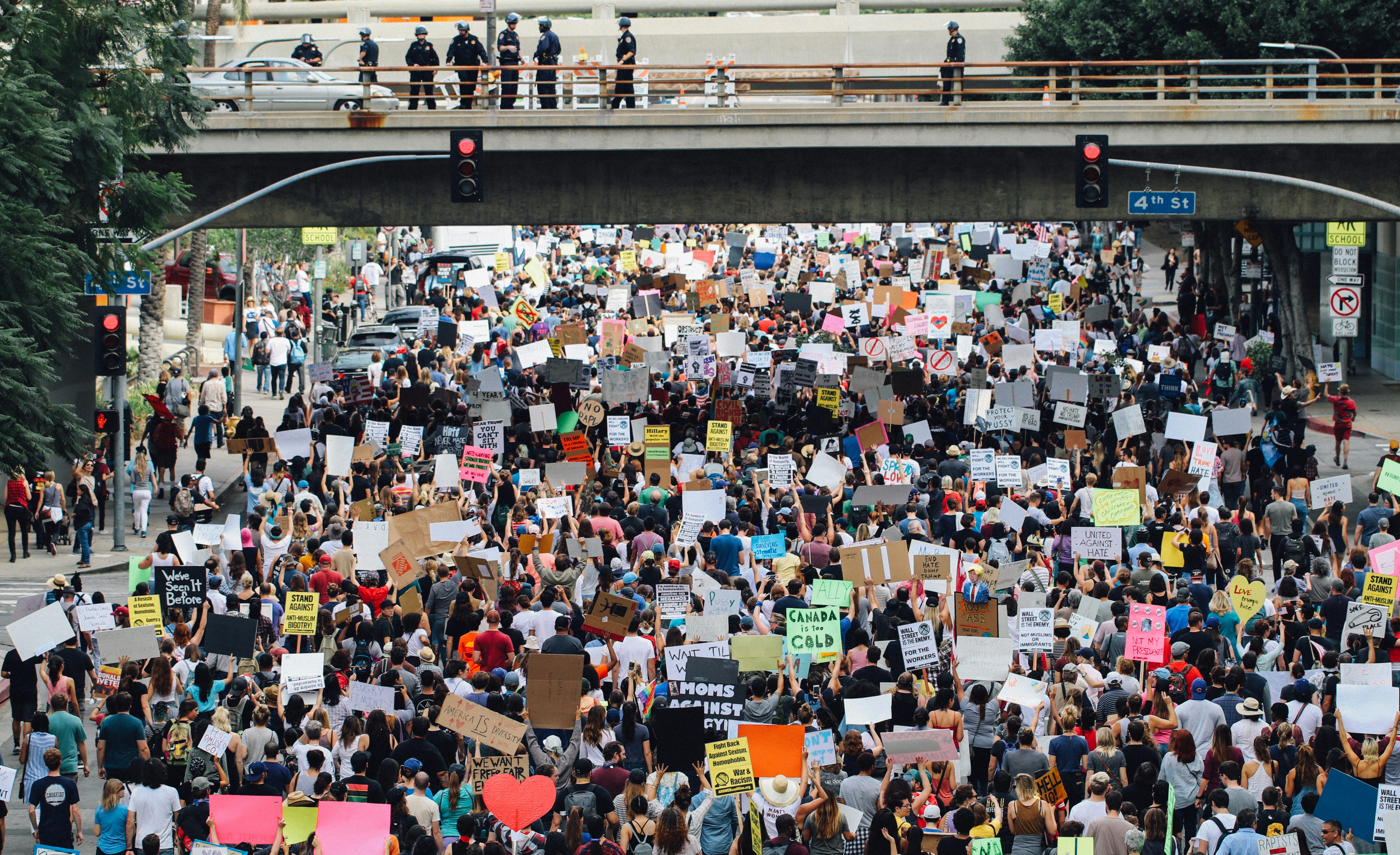Social inclusion, at its core, is the process through which societies ensure access to opportunities and resources so that all individuals, regardless of background or status, can achieve their potential, participate fully in the economic, social, and political realms, and have a voice in decisions that affect them. In the present era, marked by a rapid globalization of economies, technological evolution, and changing societal dynamics, the importance of fostering social inclusion has become paramount. The underlying philosophy of inclusion isn’t merely altruistic or rooted in human rights; it is also interwoven with the broader objectives of achieving sustainable development. The United Nations' Sustainable Development Goals (SDGs), a set of 17 interrelated global objectives designed to be a "blueprint to achieve a better and more sustainable future for all", prominently incorporate the ethos of social inclusion.
Consider, for instance, SDG 4, which is dedicated to ensuring inclusive and equitable quality education. The goal explicitly champions lifelong learning opportunities for all. Education isn't just about reading, writing, or arithmetic. It's about empowerment, understanding one's rights, and being able to participate actively in society. Thus, by focusing on inclusivity in education, SDG 4 inherently supports the broader social inclusion mission. Similarly, SDG 10 aims to reduce inequality within and among countries. This goal directly targets the economic dimensions of social inclusion, aiming to ensure that everyone, regardless of their socioeconomic status, has an equitable chance at prosperity and well-being.
Furthermore, the interconnected nature of the SDGs means that even those not explicitly mentioning inclusion still play a role in its realization. Take SDG 3, which aims for good health and well-being. Health is a universal right, and by ensuring access to quality healthcare services for all, irrespective of their financial or social standing, we inadvertently promote social inclusion. A society where everyone is healthy is more likely to be productive, and its members can actively contribute to its progress. Similarly, SDG 11, focused on sustainable cities and communities, stresses the creation of inclusive, safe, resilient, and sustainable urban environments. As urbanization accelerates, ensuring that cities are inclusive becomes vital to preventing societal fractures and disparities.
At a more profound level, the philosophy underlying the SDGs resonates with the essence of social inclusion. The very tagline of the SDGs is "Leaving no one behind." It reflects a vision of a world where everyone, irrespective of their race, gender, age, disability, religion, or socioeconomic status, is included in the journey towards a sustainable future. It's a recognition of the simple fact that for sustainable development to be truly 'sustainable', it has to be inclusive.
RX has published a 48-page guide to making events more inclusive. The Guide to Inclusive Events was first produced as an in-house resource for event teams to deliver welcoming, safe and inclusive experiences for all audiences, regardless of industry sector. It has now been made freely available for anyone to access.
The Right to Protest: online panel discussion
LexisNexis is hosting a free, online panel discussion in partnership with the International Law Book Facility (ILBF) to explore the right to protest.
24th January 2024 at 17:00-18:30 GMT
The panel discussion, moderated by James Harper, General Counsel of Global Nexis Solutions - part of LexisNexis, supports the ILBF's law undergraduate essay competition 2023-2024, that asks law undergraduates the question: ‘Should the right to protest be unfettered?’
Healthcare Strategies and Planning for Social Inclusion and Development, 2022, Pages 159-201
It has now been more than thirty years since Joan Wallach Scott (1986) argued that gender is a legitimate and necessary category of historical analysis that applies to all fields, including genetics. In the intervening years, a substantial body of work has appeared that adds women to the historiography of genetics. While this is a necessary component for including gender as a category of analysis in genetics, it is not sufficient.




